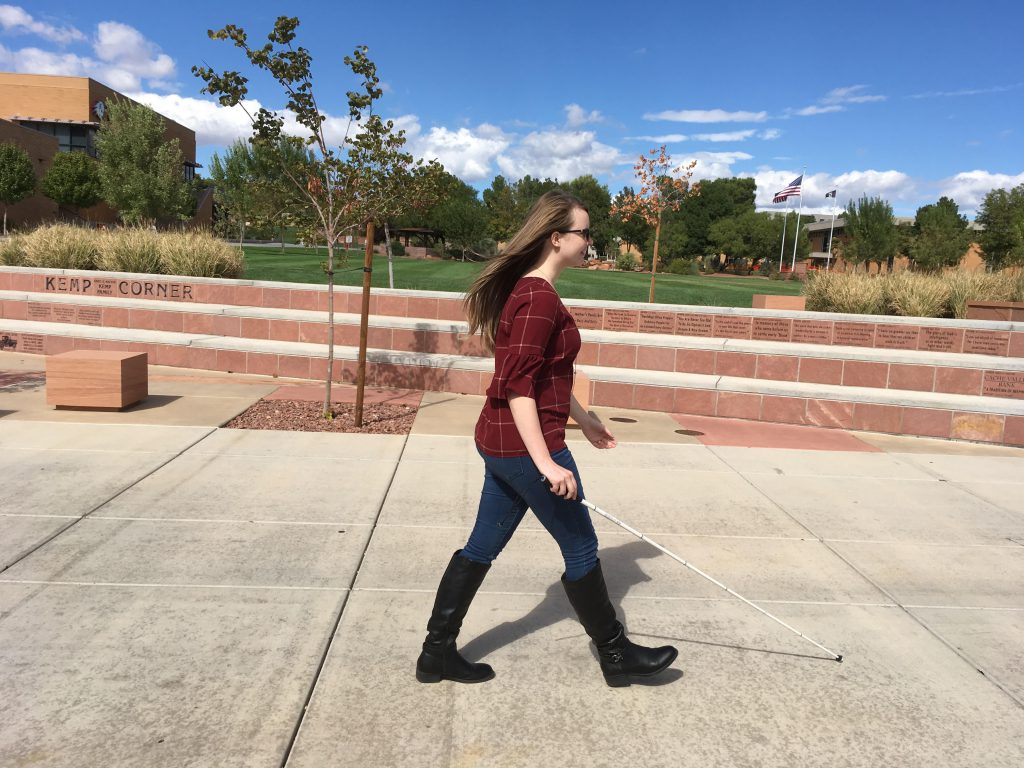It’s an issue that infects the entire nation and directly disturbs the quality of American democracy: irresponsible voting.
A disconcerting amount of voters today do little to educate themselves on current political issues and the standpoints of the presidential candidates.
Before checking the ballot, I urge voters to do fair research and think critically about their decisions. Otherwise, the voters who determine our country’s future will do so on a flimsy, harebrained basis.
As Election Day approaches, I see an increasing amount of blatant arguing and finger pointing, yet very little reasonable, even civil, discussion.
For example, Facebook is crawling with superficial and closed-minded posts about politics. Not just mine either. Friends, friends of friends, and fellow classmates of mine have all complained about the political rage blowing up their feeds. It seems nowadays peer-to-peer politics is more about being loud and crude.
I also recall an instance when I witnessed a passer-by throw up her hands in frustration about the political hype and cry, “I’m just going to vote for (so and so); he’s better looking, anyway.”
That, right there, is revolting laziness and shallowness. I seriously couldn’t stifle my gag reflex when I heard that. Yes, political decisions are complicated and frustrating. But honestly, if you’re going to be that mindless, don’t even vote.
There, I said it. While I know this country is prided for allowing all adult citizens to vote, I don’t think everyone should.
If you haven’t paid any attention to current issues, or listened to a word of the debates, you shouldn’t even come within 100 feet of a ballot. The less ignorant voters there are, the higher quality of a democracy the U.S will have.
While you might be capable of voting, consider if you’ll actually contribute a sensible opinion. As a service to your country, educate yourself before you step up to that voting booth.
Make sure you also do quality research. Don’t just talk to friends and family. Make your own evaluation; go to the primary source. Watch the debates. If you do use secondary sources, make sure they are from people with reliable and sensible opinions, not just raging, finger-waggling extremists.
Also, research all parties in the most balanced manner possible and be sure you are forming a fairly weighted opinion. Don’t just look for things to bash on a predetermined opposing candidate, which brings me to another disconcerting aspect about voters.
Many people seem to already know which candidate they’re going to vote for even before the debates begin.
This is an example of closed-mindedness at its worst.
Affiliated voters may develop into these beings who determine no matter what, they will always vote for their single, long ago chosen political party.
I’ve noticed many people base their decisions closely on their family’s political views. It’s understandable; if you’re raised with a certain set of values, sure, you’re most likely going to adhere to them throughout the rest of your life.
However, that doesn’t mean you should follow those values without question. As you draw closer to adulthood you should, at some point, critique the values you adopted from your parents. It’s called independent thinking. Until you do this, you will never grow to be your own individual.
I remember when a classmate of mine blatantly made sure everyone around him knew he was purely Republican. However, when we took a test to determine our actual party affiliations, he turned out to be more of a Democrat. He was furious.
Because of this, I came to realize many voters might not even know what party they truly belong to, if any.
Make sure you actually know what party you’re affiliated with. Take a simple political quiz to evaluate yourself. An easy, accurate and informative quiz can be found at www.isidewith.com.
Educate yourself, research issues if you don’t fully understand them, and see for yourself who you agree with most. Exercise responsible voting.



